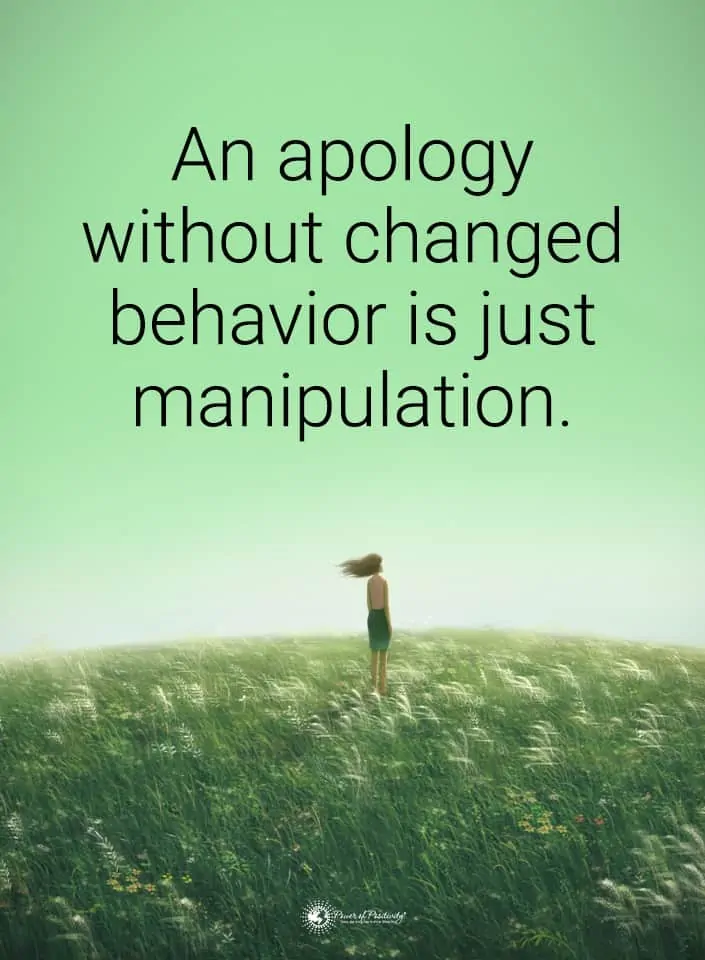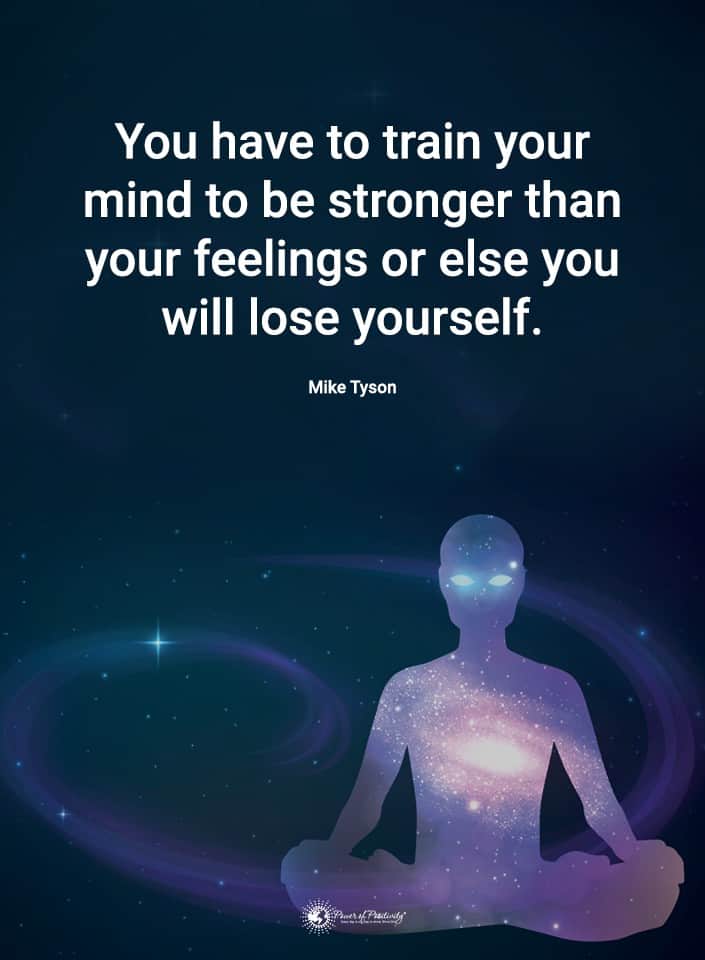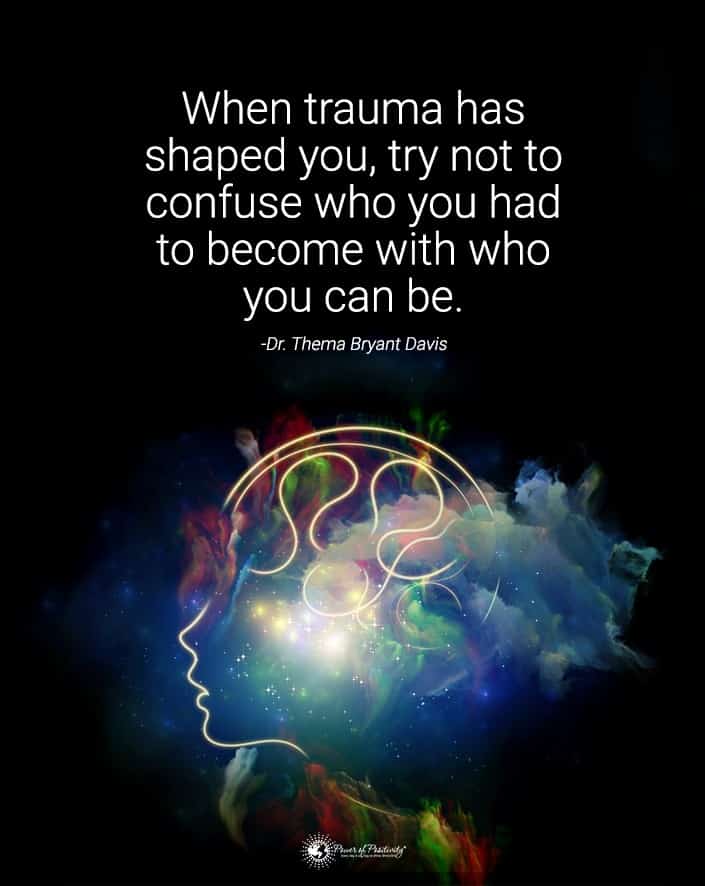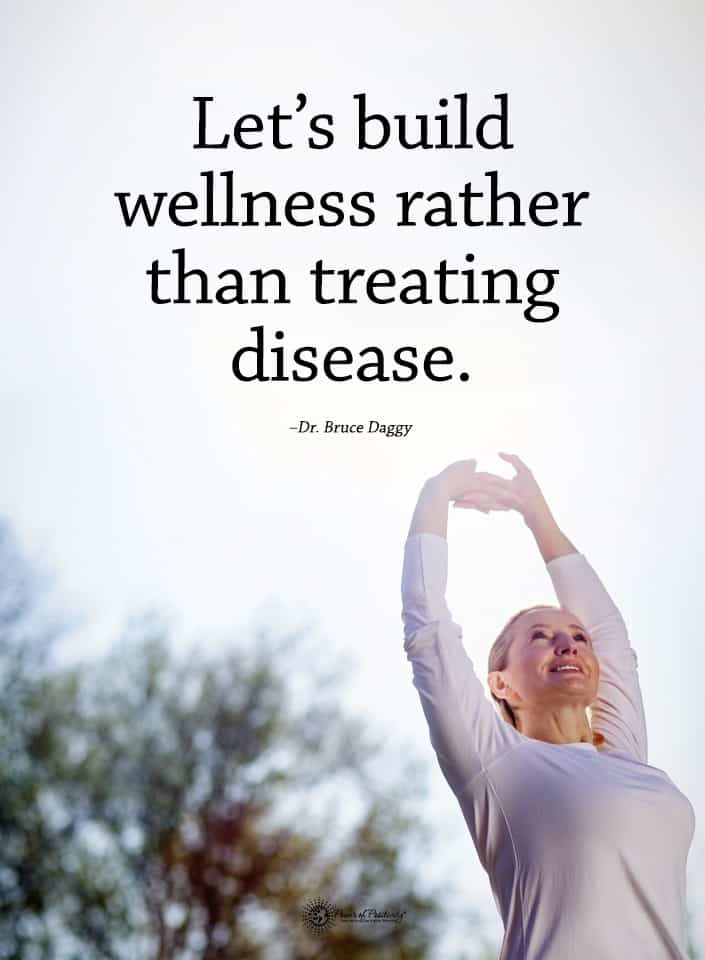Anger is an intense emotion that can arise from a variety of situations. You might feel really mad after an argument with a loved one, a frustrating encounter at work, or simply overwhelmed by life’s challenges. Getting mad is a natural human response. But how we handle our anger can significantly impact our communication and relationships.
When anger gets the best of us, we often say or do things we later regret, damaging the bonds we share with others. However, we can mitigate conflict by learning to respond calmly in anger. We can promote understanding and foster healthier connections with those around us. Anger has the power to hijack our rational thinking and cloud our judgment.
When we allow anger to take control, it becomes challenging to express ourselves constructively. Instead, we may resort to hurtful words, aggressive body language, or even physical violence, causing irreparable harm to our relationships. Miscommunication, misunderstandings, and resentment can build up, leading to prolonged conflicts and emotional distance.
Recognizing the significance of managing anger is the first step toward cultivating healthier responses. It is crucial to understand that anger is a valid emotion, and it is okay to feel it. However, how we express that anger determines whether it will bring us to a resolution or push us further apart. You can use several calm strategies to respond when you are mad, enhancing communication and reducing conflict.
Practice Mindfulness and Breathing Techniques
Deep breathing has long been recognized as a powerful tool for emotional regulation. When we’re mad, our bodies go into a heightened state of arousal, triggering a cascade of physiological responses. By consciously taking slow, deep breaths, we can activate the body’s relaxation response and reduce the intensity of our anger. Deep breathing can help calm your mind, slow down racing thoughts, and provide a sense of control over your emotional state.
In addition to deep breathing, mindfulness offers a valuable practice for managing anger. Mindfulness involves paying non-judgmental attention to the present moment and observing our thoughts, emotions, and bodily sensations without getting swept away. When we practice mindfulness, we create a pause. It’s a space to step back from our immediate reactions and choose a more thoughtful and measured response.
Mindfulness can help you stay centered by cultivating self-awareness and fostering a compassionate understanding of your emotions. By observing anger without judgment, we can gain insight into its underlying causes and triggers. This allows us to respond in a way that addresses the root issues rather than simply reacting impulsively. Mindfulness also helps us develop empathy and perspective.
This enables us to understand the perspectives of others better and defuse conflicts with greater ease. Incorporating mindfulness and breathing techniques into our lives takes practice and commitment. It is not a quick fix when you are mad but a journey of self-discovery and personal growth. Try dedicating daily time to engage in mindfulness meditation or focus on your breath. This way, we can gradually strengthen our ability to remain calm and composed in anger.
Express Your Feelings Constructively
When people are furious, communication can be deficient. One valuable technique for constructively expressing anger is using “I” statements. For example, saying, “I feel hurt when you don’t listen,” is more constructive than saying, “You never listen to me!” By using “I” statements, we take ownership of our emotions. This enables others to understand and empathize with us more readily. It encourages a non-confrontational approach, reducing defensiveness and opening the door for a more productive conversation.
Expressing your feelings calmly can prevent escalation, as it creates an environment where both parties feel heard and respected. Another vital aspect of constructively expressing anger is actively listening to the other person. It may be tempting to interrupt or respond defensively. But genuine listening allows us to understand the other person’s perspective and empathize with their feelings.
This, in turn, promotes mutual respect and paves the way for finding common ground. Active listening involves focusing on the speaker, giving them your full attention, and maintaining eye contact. This way, we demonstrate our willingness to understand their point of view, even if we may not. Expressing anger constructively also requires managing our tone and body language. It’s essential to convey our emotions with assertiveness rather than aggression.
Take a Timeout
In intense anger, emotions can run high, making engaging in productive communication or finding resolutions challenging. Taking a break when feeling mad offers numerous benefits. Firstly, it allows us to physically remove ourselves from the immediate triggers and stimuli that fuel our anger. This physical separation provides a temporary respite, preventing further escalation and creating an opportunity to regain emotional balance.
During a timeout, we can utilize calming techniques that help us relax and center ourselves. This intentional shift in focus and attention redirects our energy away from anger and towards self-soothing and emotional regulation. It allows our minds and bodies to calm down, paving the way for clearer thinking and more level-headed responses. Moreover, a timeout provides us with an opportunity for reflection and introspection. Stepping away from the heat of the moment enables us to examine the underlying causes and triggers of our anger.
This reflective process allows us to identify our emotions, biases, and potential misconceptions. This leads to a more empathetic and nuanced understanding of the situation. Taking a break also communicates a respectful approach to conflict resolution. It shows a willingness to prioritize the well-being of all parties involved. Thus, we set the stage for more productive and constructive dialogue when we return. A timeout is not an avoidance tactic or a means of suppressing anger. Instead, it is a deliberate strategy to create a conducive environment for resolution and ensure our responses are measured and thoughtful.

Seek to Understand the Other Perspective When You Feel Really Mad
Empathy plays a pivotal role in managing anger and resolving conflicts. It involves putting ourselves in the other person’s shoes and genuinely attempting to comprehend them. Seeking to understand the other person’s perspective can significantly reduce anger. We see beyond our initial anger as we gain insight into their thoughts and feelings. Thus, we can recognize the situation’s complexities and diverse factors.
This expanded understanding enables us to approach the conflict more nuancedly, reducing the likelihood of escalating the situation further. Furthermore, understanding the other person’s perspective paves the way for better communication. It allows us to identify commonalities, shared interests, and areas of agreement. Acknowledging their viewpoint demonstrates a willingness to listen and engage in a dialogue rooted in understanding.
This, in turn, encourages the other person to reciprocate and be more open to hearing our perspective. Cultivating empathy and seeking to understand the other person’s perspective requires active listening, curiosity, and a genuine desire to connect. It involves asking open-ended questions, paraphrasing their thoughts to ensure comprehension, and validating their emotions and experiences.
Engaging in these practices signals our willingness to have a conversation that fosters mutual understanding. Seeking to understand the other perspective does not mean sacrificing our needs or compromising our boundaries. It is about creating a space where both parties can express themselves authentically. It’s a space where you can feel heard, even when mad. Understanding the other person’s perspective allows us to work toward a mutually beneficial resolution.
Use Physical Activity as an Outlet
Physical activity provides a powerful means of channeling anger productively and positively. Physical activity releases endorphins, our body’s natural mood boosters. These feel-good chemicals help alleviate stress, reduce anxiety, and promote well-being. By exercising, we can naturally regulate our emotions, allowing anger to dissipate more easily.
In addition to the biochemical effects, physical activity provides a healthy distraction from anger-inducing situations. It enables us to shift our focus from the source of our anger to the physical sensations of movement. As we engage in exercise, we can release pent-up frustration, aggression, and tension, channeling them into the physical exertion of our bodies. This release can create a catharsis and a constructive outlet for our anger.
Moreover, physical activity offers an opportunity for self-reflection and introspection. As we engage in movement, we can take time to process our emotions. We can take time to gain clarity and a fresh perspective on the situation that made us mad. Physical activity can allow us to process our thoughts and emotions.
This allows us to approach conflicts with a calmer and more rational mindset. It’s important to note that physical activity as an anger outlet does not require intense or competitive workouts. Engaging in joyous or relaxing activities is equally valid. You can practice yoga, go for a swim, or engage in any form of physical movement that resonates with us. The key is finding activities that release tension and provide a healthy means of self-expression.
Final Thoughts on Using These Calm Responses the Next Time You’re Really Mad
When you are mad, it’s empowering to have a repertoire of calm responses that can improve your communication. Practicing mindfulness and breathing techniques allows us to cultivate a sense of calmness and regain control over our emotions. Expressing our feelings constructively enables us to communicate our emotions without causing harm.
Taking a timeout acknowledges the importance of creating space for a cool-down period. Seeking to understand the other perspective fosters empathy and compassion. Using physical activity as an outlet provides a healthy means of channeling anger. It’s important to remember that these strategies require practice and commitment. The next time you get really mad, challenge yourself to implement these calm responses.
Be patient as you navigate this transformative journey. With time and practice, you’ll strengthen your ability to manage anger, improve communication, and foster healthier relationships. Embrace these techniques as powerful tools for personal growth and emotional well-being. Remember, anger is a natural emotion, but how we respond can make all the difference.





















